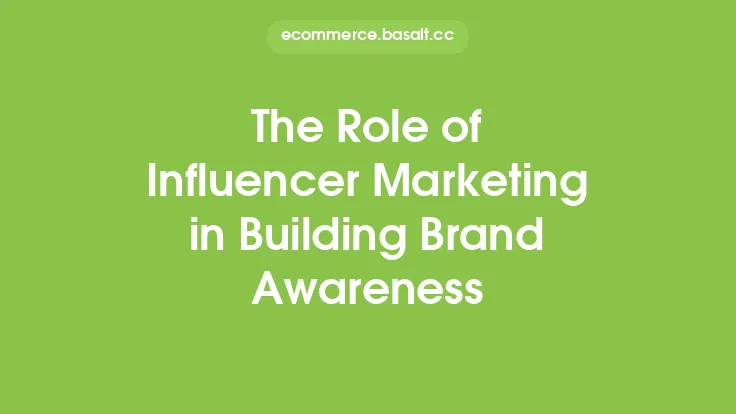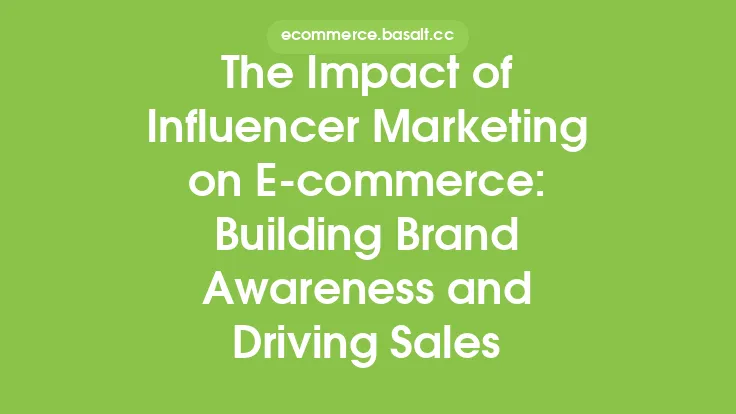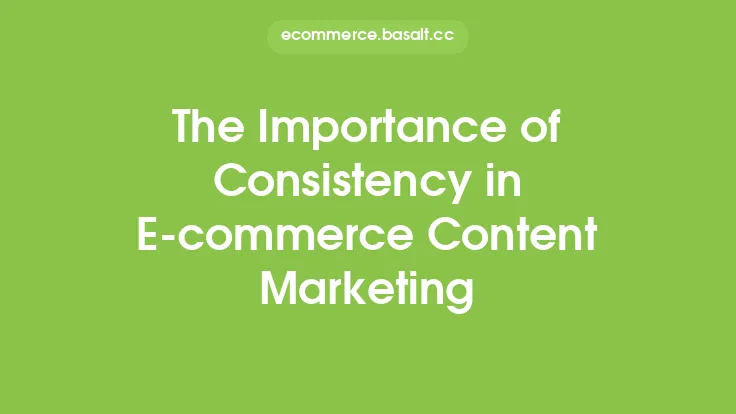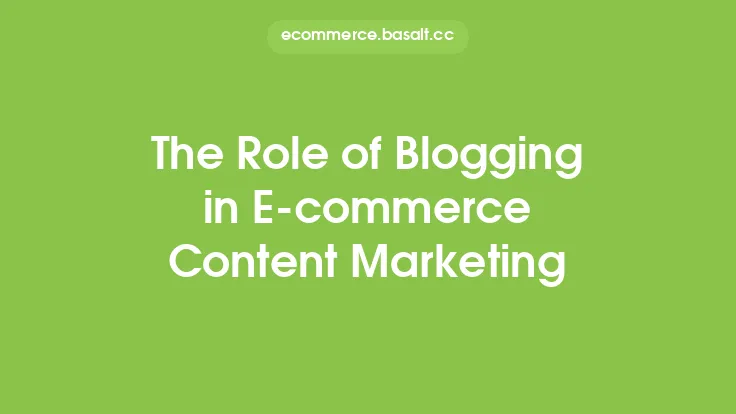In today's digital age, influencer marketing has become a crucial component of e-commerce marketing strategies. With the rise of social media, influencers have gained significant followings and have become tastemakers in their respective niches. As a result, brands are partnering with influencers to promote their products and services to their target audiences. However, with the increasing popularity of influencer marketing, the importance of authenticity has become a critical factor in determining the success of these partnerships.
What is Authenticity in Influencer Marketing?
Authenticity in influencer marketing refers to the genuine and transparent relationship between an influencer and their audience. It is about the influencer's ability to promote products or services that align with their values, interests, and expertise, and to do so in a way that is honest and trustworthy. Authenticity is not just about the influencer's personal brand, but also about the content they create and the way they engage with their audience. When an influencer is authentic, their audience is more likely to trust their recommendations and take action.
The Impact of Authenticity on Influencer Marketing Campaigns
Authenticity has a significant impact on the success of influencer marketing campaigns. When an influencer promotes a product or service that is not aligned with their values or expertise, their audience is likely to see through the promotion and become skeptical. On the other hand, when an influencer promotes a product or service that is authentic to their brand, their audience is more likely to trust the recommendation and take action. Authenticity also helps to build a loyal community around the influencer, which can lead to long-term partnerships and increased brand awareness.
Why Authenticity is Essential for Building Trust with Audiences
Authenticity is essential for building trust with audiences because it creates a sense of transparency and honesty. When an influencer is authentic, their audience feels like they are getting a genuine recommendation, rather than a paid promotion. This trust is critical in influencer marketing, as it can make or break the success of a campaign. Without trust, an influencer's audience is unlikely to take action, and the campaign will fall flat. On the other hand, when an influencer has built trust with their audience, they are more likely to see a significant return on investment from their influencer marketing campaigns.
The Consequences of Inauthentic Influencer Marketing
Inauthentic influencer marketing can have serious consequences for both the influencer and the brand. When an influencer promotes a product or service that is not aligned with their values or expertise, their audience is likely to become skeptical and lose trust. This can damage the influencer's reputation and lead to a decline in their following. For the brand, inauthentic influencer marketing can lead to a negative perception of the brand and a decrease in sales. In extreme cases, inauthentic influencer marketing can also lead to legal consequences, such as fines and lawsuits.
How to Ensure Authenticity in Influencer Marketing Campaigns
Ensuring authenticity in influencer marketing campaigns requires a thoughtful and strategic approach. Brands should partner with influencers who have a genuine interest in their products or services, and who have a track record of promoting similar products or services in the past. Influencers should also be given the freedom to create content that is authentic to their brand, rather than being forced to follow a script or promote a specific message. Additionally, brands should be transparent about the partnership and clearly disclose any sponsored content. By taking these steps, brands can ensure that their influencer marketing campaigns are authentic and effective.
The Role of Disclosure in Authentic Influencer Marketing
Disclosure is a critical component of authentic influencer marketing. The Federal Trade Commission (FTC) requires that influencers clearly disclose any sponsored content, using hashtags such as #ad or #sponsored. This disclosure helps to maintain transparency and trust with the audience, and it also helps to avoid any legal consequences. Brands should work with influencers to ensure that they are disclosing sponsored content in a clear and conspicuous manner, and that they are complying with all relevant laws and regulations.
The Benefits of Long-Term Partnerships with Authentic Influencers
Partnering with authentic influencers can have long-term benefits for brands. When an influencer is authentic, they are more likely to become a brand ambassador, promoting the brand's products or services over an extended period. This can lead to increased brand awareness, customer loyalty, and ultimately, sales. Long-term partnerships with authentic influencers can also help to build a loyal community around the brand, which can lead to user-generated content, word-of-mouth marketing, and other forms of organic promotion.
Measuring the Authenticity of Influencers
Measuring the authenticity of influencers can be challenging, but there are several metrics that brands can use to evaluate an influencer's authenticity. These metrics include engagement rates, audience demographics, and content quality. Brands should also look for influencers who have a consistent tone and style, and who are transparent about their partnerships and sponsored content. By using these metrics, brands can get a sense of an influencer's authenticity and make informed decisions about partnerships.
The Future of Authenticity in Influencer Marketing
The future of authenticity in influencer marketing is likely to be shaped by technological advancements, changes in consumer behavior, and evolving laws and regulations. As social media platforms continue to evolve, influencers will need to adapt and find new ways to maintain their authenticity. Brands will also need to stay ahead of the curve, using data and analytics to measure the effectiveness of their influencer marketing campaigns and to identify authentic influencers. Ultimately, the future of authenticity in influencer marketing will depend on the ability of brands and influencers to build trust with their audiences and to create content that is genuine, transparent, and engaging.





